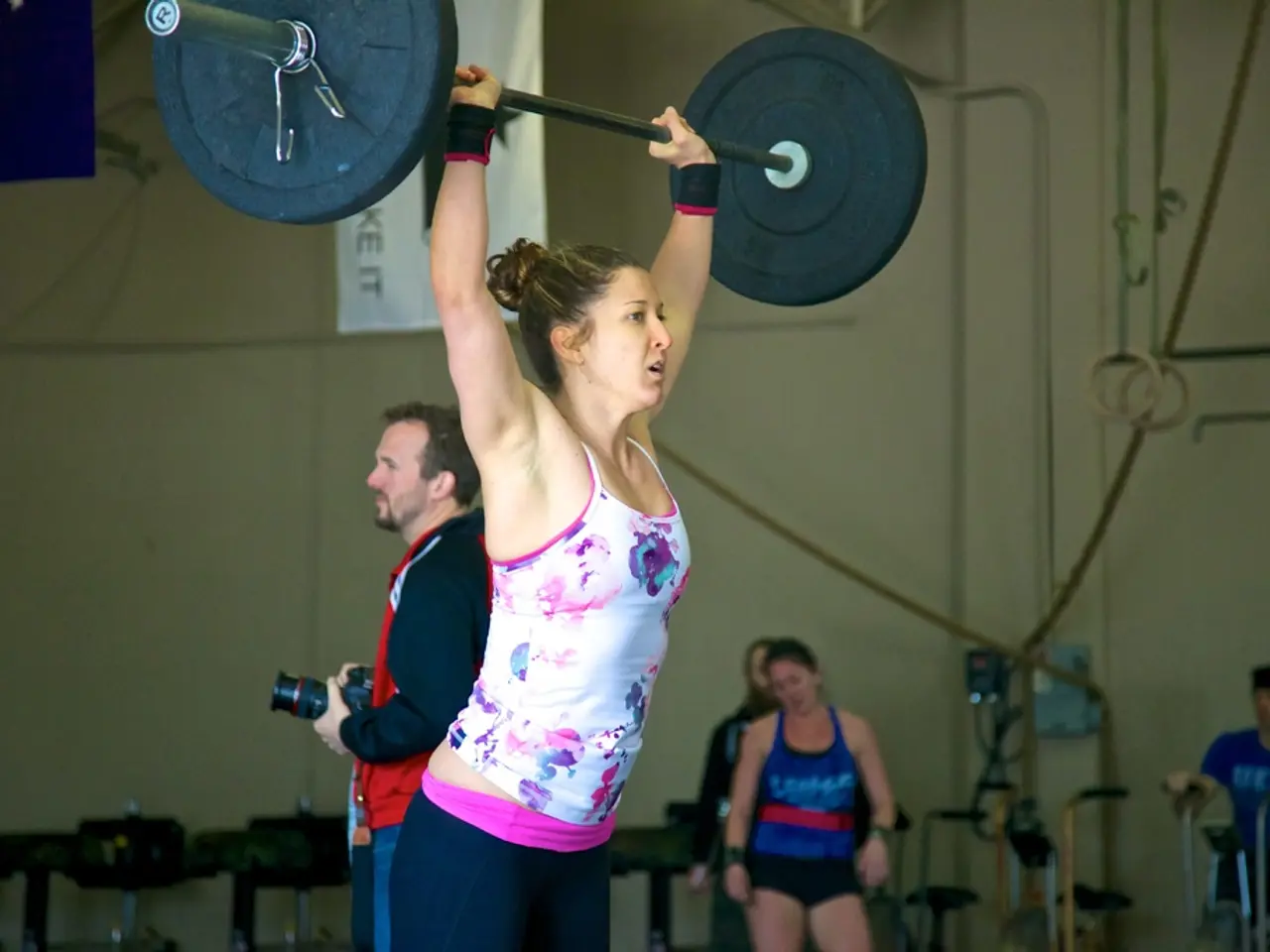Workout Nutrition Guidelines for Men: Optimizing Pre- and Post-Exercise Eating Habits
Optimising Nutrition for Men's Workouts: Expert Advice
Men's bodies have unique nutritional needs when it comes to exercise, and understanding these requirements can significantly enhance performance, recovery, and overall well-being. We spoke to Brea Lofton, a registered dietitian at Lumen, and Alexander Leritz, a representative at JM Nutrition, to gather some insights.
Firstly, it's crucial to be mindful of what and when you eat before exercise. Large, protein-rich meals or drinks can slow digestion, causing sluggishness and nausea. Instead, a turkey sandwich on whole-grain bread or a banana with a whey protein shake can support energy needs and muscle preservation before a workout.
High-fat, slow-digesting meals should be avoided before training as they delay gastric emptying and may cause nausea. Similarly, foods very high in fiber, such as beans or cruciferous vegetables like broccoli and kale, may lead to bloating or discomfort if eaten too close to a workout.
Hydration is just as important as what and when you eat. Athletes should consume approximately 500ml of water about 30 to 60 minutes prior to training, especially in warm conditions or during the warmer seasons of the year.
Post-workout, men can recover more flexibly, with the recovery window extending to two to three hours after exercise. It's best to eat sooner rather than later to help their body rebuild and recover. Brea Lofton recommends that post-exercise, men should aim for 20g to 30g of protein and 50g to 60g of carbohydrates, especially after resistance training.
A balanced post-workout meal might be grilled chicken with brown rice and sautéed vegetables, or a whey protein shake with a banana and a small handful of trail mix to replenish glycogen (energy) stores and initiate muscle repair. Men over 50 should ensure their post-workout protein is rich in leucine, found in eggs, whey, and dairy, to help combat age-related muscle loss.
Men over 50 should also avoid excessive sugar, processed foods, excessive alcohol, and high amounts of refined carbohydrates after a workout session to minimize muscle loss. Consuming high-sugar snacks without any protein may spike blood sugar levels without supporting muscle recovery.
In summary, proper nutrition before and after exercise plays a vital role in performance, recovery, and overall feelings. By being mindful of what and when to eat, and staying hydrated, men can optimise their workouts and enhance their fitness journey.
Read also:
- Peptide YY (PYY): Exploring its Role in Appetite Suppression, Intestinal Health, and Cognitive Links
- Toddler Health: Rotavirus Signs, Origins, and Potential Complications
- Digestive issues and heart discomfort: Root causes and associated health conditions
- House Infernos: Deadly Hazards Surpassing the Flames








